Dave vs Boris: Battle of the Bullingdon boys
Sean O'Grady tells the story of one of Britain’s great political rivalries, and how Brexit brought it to an end. Cameron never thought he’d lose, Johnson never thought he’d win, and yet here we are...

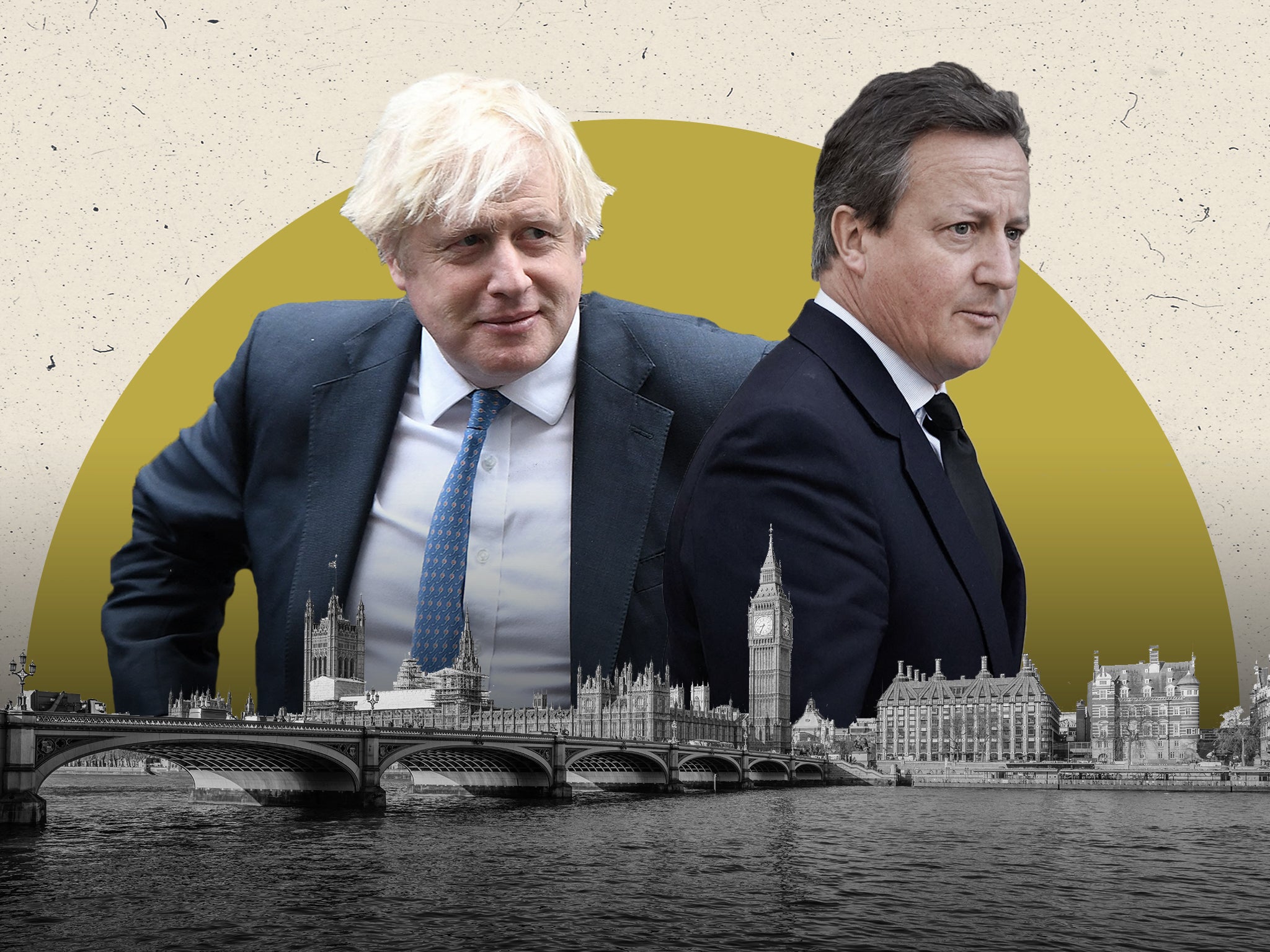
It is one of the great political rivalries of our time – high-octane, laced with intrigue, flavoured by insult, framed by mutual suspicion, defined by Brexit. As pressure on the prime minister builds, and a premature end to his political career looms, it is not too soon to wonder how he will stand in history. If he survives and wins another general election, then the 2020s will be his in the same way as the 1980s belonged to Margaret Thatcher, or the Edwardian era was owned by HH Asquith. If Johnson is out by the summer, he will always be able to claim he “got Brexit done”, whether or not it is true. He might end up as a sort of reverse Ted Heath: leader of a short-lived, unsuccessful government in turbulent times, which never lived up to its promise and was plagued by inflation and poor productivity, but always remembered for one big historic achievement. Heath took Britain into Europe; Johnson took us out.
For Johnson, though, one benchmark is how he stands, and will stand, by comparison with his great rival: not Sir Keir Starmer, or Jeremy Corbyn, but David Cameron.
Because they are, nominally at least, on the same side in politics, it’s sometimes easy to forget how intensely competitive the pair have been, and for how long. They are both, famously, products of Eton, Oxford, and the raucous and vulgar Bullingdon Club, where an initiation ceremony involved burning a £50 note in front of a homeless person. Their arrogance comes in different flavours, but they have more in common than they’d care to admit. They come from roughly the same echelon of society – posh and prosperous but by no stretch aristocratic (although Cameron went on to marry a daughter of the landed gentry). The pair are almost contemporaries (Cameron is younger, at 55 to Johnson’s 57), and Cameron made it into No 10 first, something Johnson could not let rest. Both were MPs by their thirties, elected to represent Witney and Henley respectively in 2001.
Cameron was a front runner for the leadership earlier than Johnson, but Johnson bravely ran for mayor against Ken Livingstone when no other Tory fancied the gig, and usurped Livingstone in 2008. It was the first major election the Tories had won since 1992, and he did it two years before Cameron scraped into No 10 in coalition with the Liberal Democrats. At that point, Johnson was a nationally known personality, and popular, but he was envious as he watched Cameron, the younger man, establishing himself in No 10 as if born to it. After Cameron won a slender majority of his own in 2015, and looked set for a decade in office, all Johnson could do was seethe and plot. He never lost sight of his goal. He explained his extreme ambition on Desert Island Discs in 2005: “My ambition silicon chip has been programmed to try to scramble up this cursus honorum, this ladder of things.”
Johnson would probably have wanted to be prime minister in any case, but equalling or beating Cameron’s achievements was an obvious additional incentive. It was, and is, visceral. Some observers think Johnson just wanted to get the prize, without much idea of what to do with it after he had seized it.
How do their records compare? For what it’s worth, the examples they set in their private lives could hardly have been more different. The uxorious Cameron has enjoyed a strong and stable marriage to “SamCam”, as the Tory press called her, has been a devoted father, and was always conscience of the needs of people with disabilities because of his son Ivan’s condition. Johnson’s record speaks for itself, though the public seems not to have cared.
In terms of what an old-fashioned observer might call “character”, it is difficult to place Johnson in the first division of propriety. The excesses of “partygate”, which appalled the public, would not have happened on Cameron’s watch. Or the unlawful prorogation of parliament, or getting a donor to pay for the refurb of Downing Street. In parliament, Cameron was always a bit of a Flashman – he once put Jeremy Corbyn down by telling him to straighten his tie – but he would probably not have chucked that smear about Jimmy Savile at Starmer. A consistent parliamentary performer, Cameron pales in showmanship against Johnson, though the latter is rather hit and miss. It seems obvious that Johnson spent more time in the Oxford Union, and less time fact-checking his essays.
Of course, Cameron’s judgment wasn’t always sound (he employed Andy Coulson as his press secretary until the phone-hacking scandal, when Coulson had to be sacked), and neither was he some saintly paragon of virtue. However, he didn’t break his own laws, and few called him unfit for office on the grounds of corrupt behaviour. He didn’t find himself under police investigation. Cameron’s personal fall from grace came after his premiership, with the Greensill affair.
Voters see an authenticity in the idiosyncratic Johnson; Cameron was a sort of Tory clone of Blair, the supposed ‘heir to Blair’, and sounded like the PR man he was
Until Johnson beetled onto the scene, Cameron’s political record looked good. He did bring the Tories back to power in 2010, with their first general-election victory since 1992, and their first overall majority since John Major’s time in 2015, against the polls and expectations; but Johnson scored the largest majority since 1987, and conquered all those traditional red-wall Labour seats.
Johnson is still a gifted campaigner and punchy phrase-maker, always ready with a quip, and he has a gift for distraction tactics. Cameron was the more pedestrian out on the stump, a competent administrator, and, despite the “Notting Hill set” vibe, less cliquey. Voters see an authenticity in the idiosyncratic Johnson; Cameron was a sort of Tory clone of Blair, the supposed “heir to Blair”, and sounded like the PR man he was (having been head of communications for Carlton TV). Johnson was better at winning power, in London and nationally; Cameron was better at exercising it.
Oddly, neither of these Conservative leaders has been able to strike up much of a rapport with their American counterparts – Obama, Trump and Biden – leaving Tony Blair as the last British premier to have given the “special relationship” much substance. Trump may have complimented Johnson by referring to him as “Britain[’s] Trump”, but there was no free trade deal.
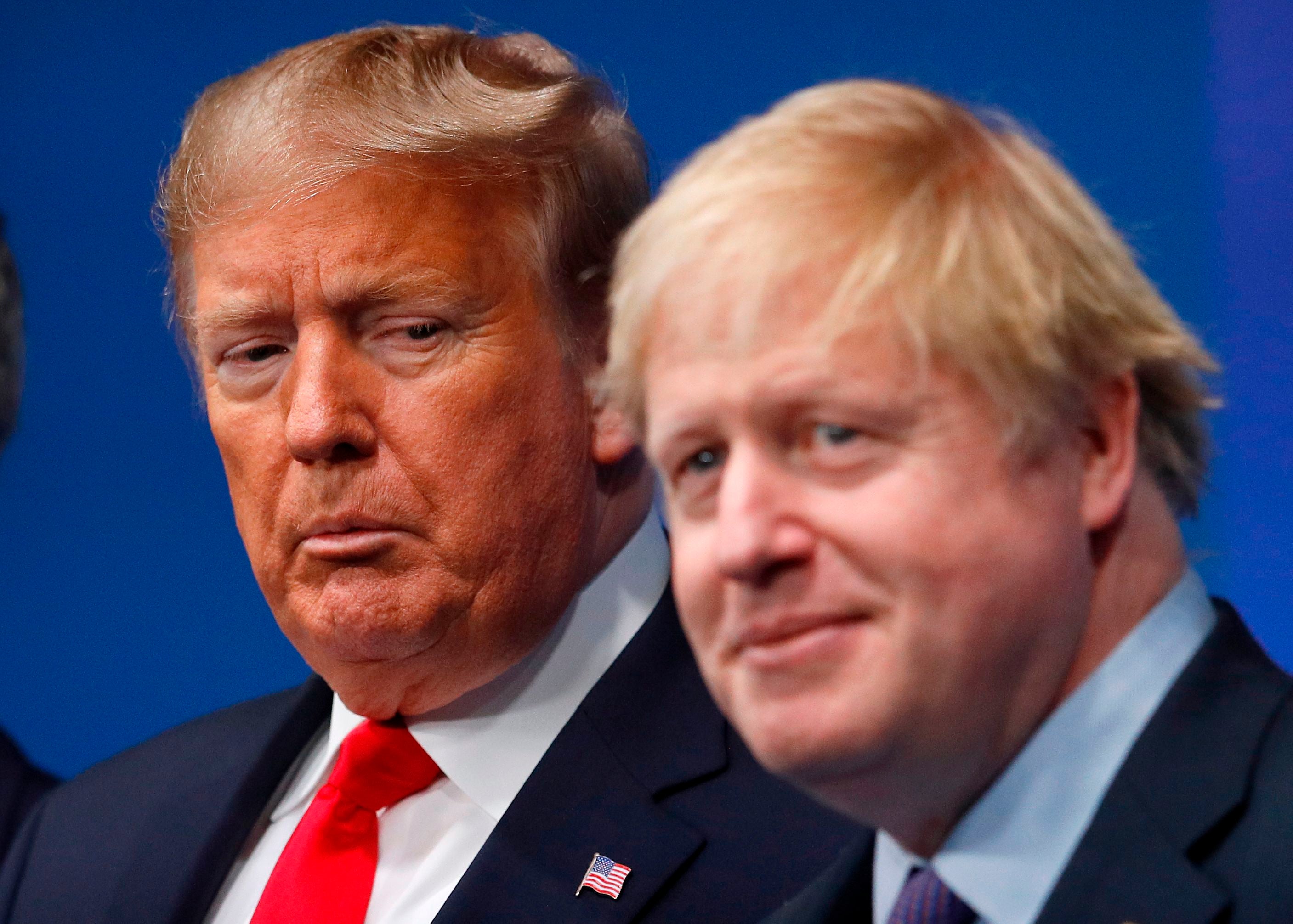
Thanks to his holding and losing the EU referendum, coupled with austerity (disowned by Johnson) and the Greensill debacle, Cameron’s reputation is in the toilet, yet he governed for six years or so. That puts him firmly in the second rank of prime ministerial longevity – behind Thatcher and Blair, but on a rough par with Harold Wilson, Clem Attlee and Lloyd George, say.
His government launched reforms in health, social security and schools, arguably rebuilt the public finances, and liberalised the law on gay/equal marriage. He did win the “other referendum” – the 2014 Scottish one. His government consistently missed its immigration target – a root cause of the Brexit phenomenon – but the Johnson government has also failed to live up to its pledges. Cameron might well have managed the Covid crisis more conscientiously, followed the expert advice more closely, and taken fewer risks, but the loss of life would still have been grievous. Cameron’s renegotiation of Britain’s EU membership was an embarrassing flop, but neither is it obvious that Johnson’s own “oven ready deal”, not to mention the current renegotiation of it, amounts to the dynamic growth-boosting Brexit the country voted for (assuming such a thing exists).
The Cameron-Johnson rivalry was, and is, personal. Among the cabinet papers revealed during the 2019 prorogation crisis, Johnson had famously scribbled in the margin of one memo that Cameron was a “girly swot”. Says a lot. Cameron once characterised his successor-but-one as a “greased piglet” who could slip through anything. It’s a slightly backhanded compliment, and was tellingly adopted by Johnson himself, who adapted it to “greased albino piglet”. (Pigs loom weirdly large in the Cameron-Johnson show. Boris may well have leaked the story that Cameron, when an undergraduate, once placed his manhood in the cooked head of a pig for a laugh.)
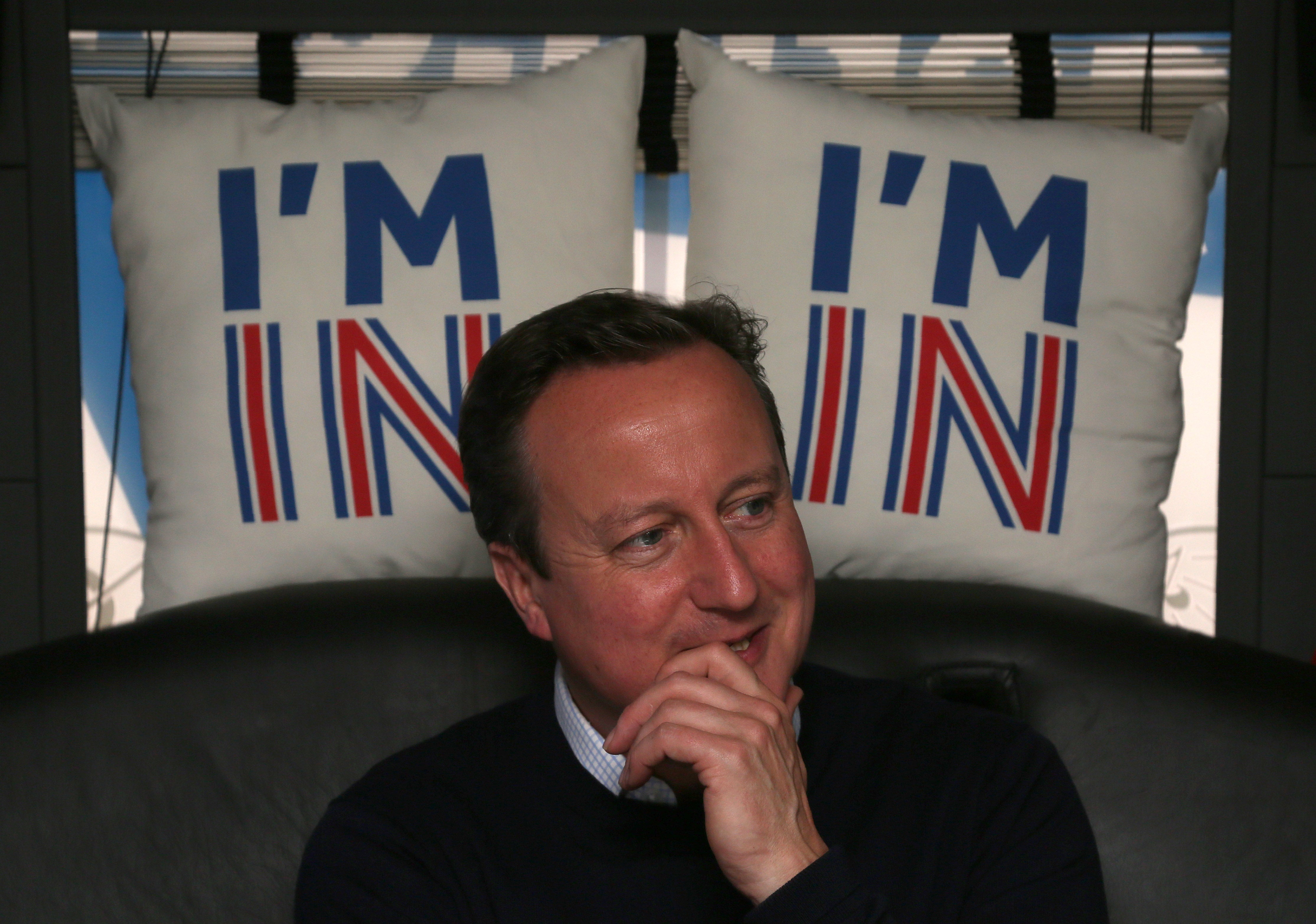
The great irony is that it was Cameron’s overconfident decision to think he could hold a Brexit referendum and win it for Remain that gifted Johnson the opportunity, eventually, to win the leadership. Johnson didn’t inherit it immediately, but nor was he banking on it. He expected to lose the referendum, but to win some standing of his own within the party – a power base from which he might secure a top job to succeed Cameron, instead of, say, George Osborne or Michael Gove.
When Gove “stabbed him in the front” in the chaotic 2016 leadership campaign, and Johnson withdrew, it showed that Johnson was not unbeatable, and that his manifest personality flaws could be his undoing – important to remember as we assess his chances of survival now. Had Theresa May made better decisions (especially on the snap election of 2017) or been luckier, then Johnson might today be back at his desk at the Telegraph, decrying the government of the day and persuading his fan base that he’d obviously make a better job of it. It’s worth reminding ourselves of Gove’s accurate, exasperated description of his ally at the time:
“I have come, reluctantly, to the conclusion that Boris cannot provide the leadership or build the team for the task ahead.” Gove thought Johnson too lazy to do the job…
Gove, by the way, has the unique distinction of having fatally betrayed (in their respective views) both Cameron and Johnson, but of finding himself one of the few faithful supporters of May. Johnson’s ambition sustained him, though, and he contented himself with the Foreign Office as a consolation prize only he would regard as inadequate.
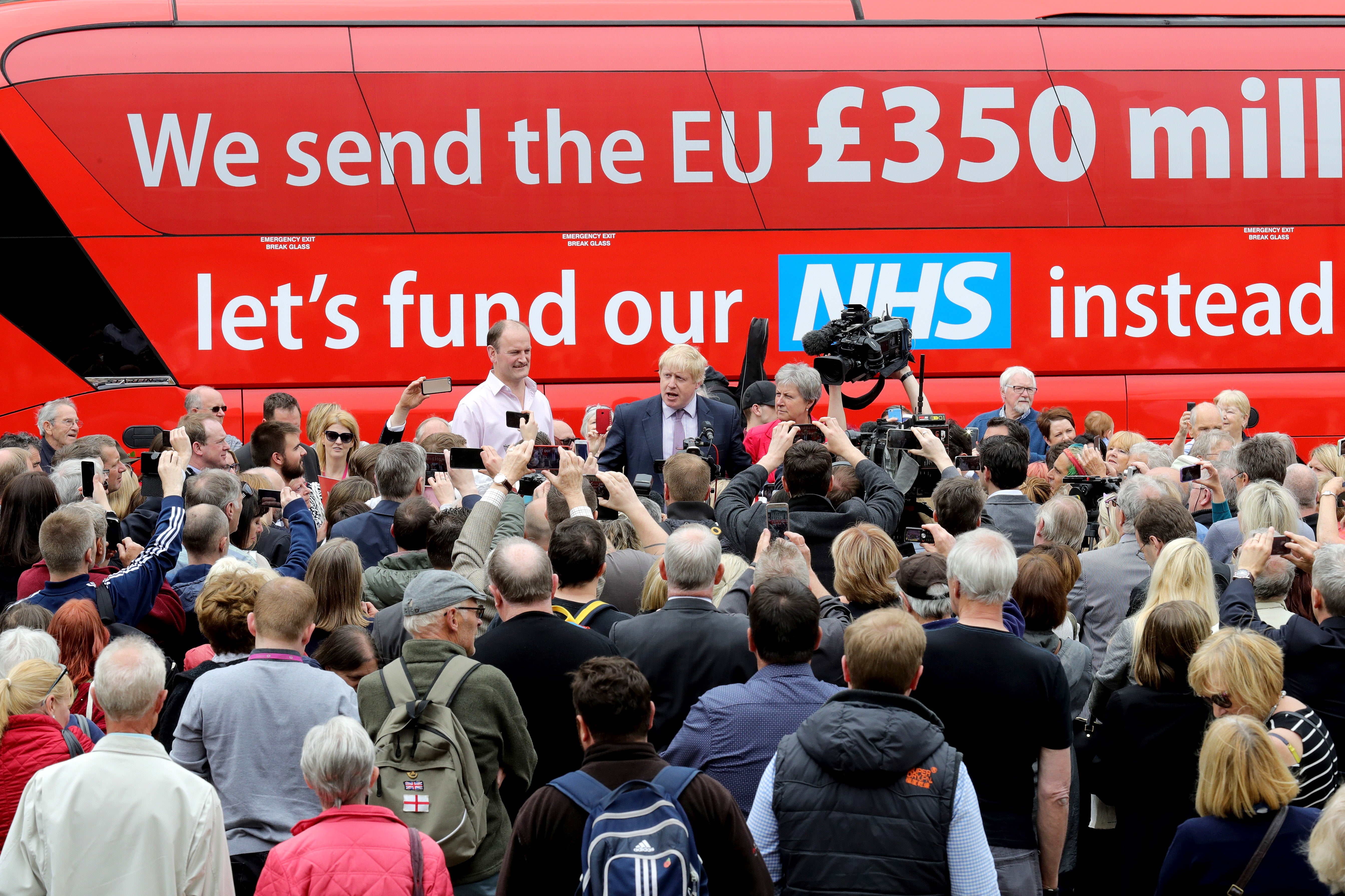
As is well understood now, Johnson’s calculations about which side to back in the 2016 referendum were predicated on a calculation of his own personal career interest. On the issues, he probably didn’t understand the detail: much later, in Downing Street, stunned aides discovered that he didn’t know what a customs union was. Ever the newspaper columnist, he wrote two alternative arguments for staying in and getting out to guide his decision. He texted Cameron to tell him he was veering around like a wobbly supermarket trolley (a description now weaponised by Dominic Cummings). As London mayor, Johnson had been pro-EU and pro-migration. The Leave campaign was not. His current head of communications, Guto Harri, says Johnson told him a couple of years ago that he regretted backing Leave. More than most premiers, with the exception of his hero Churchill, Johnson is ideologically liquid.
On balance, in terms of which man was the more shrewd figure, plainly Johnson has the edge. It must consume Cameron that the referendum he promised destroyed his career, and that the beneficiary was Johnson, a man who had always looked on uneasily. After all, when Johnson was running for mayor, and looked like he might actually win, Cameron and Osborne sent him some special advisers to keep him in check and stop him mouthing off and making racist jokes, including a bright young woman by the name of Munira Mirza.
Johnson could follow the others into oblivion if it does indeed transpire, once again, that Europe won’t let Britain have its cake and eat it
Cameron’s gamble on Brexit failed, while Johnson’s worked. Twice, in fact, if you include the 2019 general election, which was more or less a rerun of the 2016 referendum, and a direct consequence of it. It’s worth noting in passing that another long-term loser was Theresa May, who was instinctively a Leaver but instead made a lukewarm contribution to the Remain campaign, cautiously wanting to be on the winning side. She ended up with the worst of all worlds and a decidedly temporary-feeling premiership. A parallel argument might be made about Jeremy Corbyn, the Bennite anti-marketeer who was forced by his party to pretend to love Brussels. He compounded the general impression of insincerity by volunteering that he was only a “seven, or seven and a half out of 10” Remainer.
If success in recent politics is getting the big call on the EU right, then Johnson, whether out of luck, judgement or cunning, got it more right than any of his contemporaries – with the exception of Gove, who believed in it religiously, and Nicola Sturgeon, who accurately judged the mood in Scotland.
The history of the last 10 years is the tale of two ironies around the EU referendum: Boris didn’t expect to win it, and Cameron didn’t expect to lose it – or even to hold it.
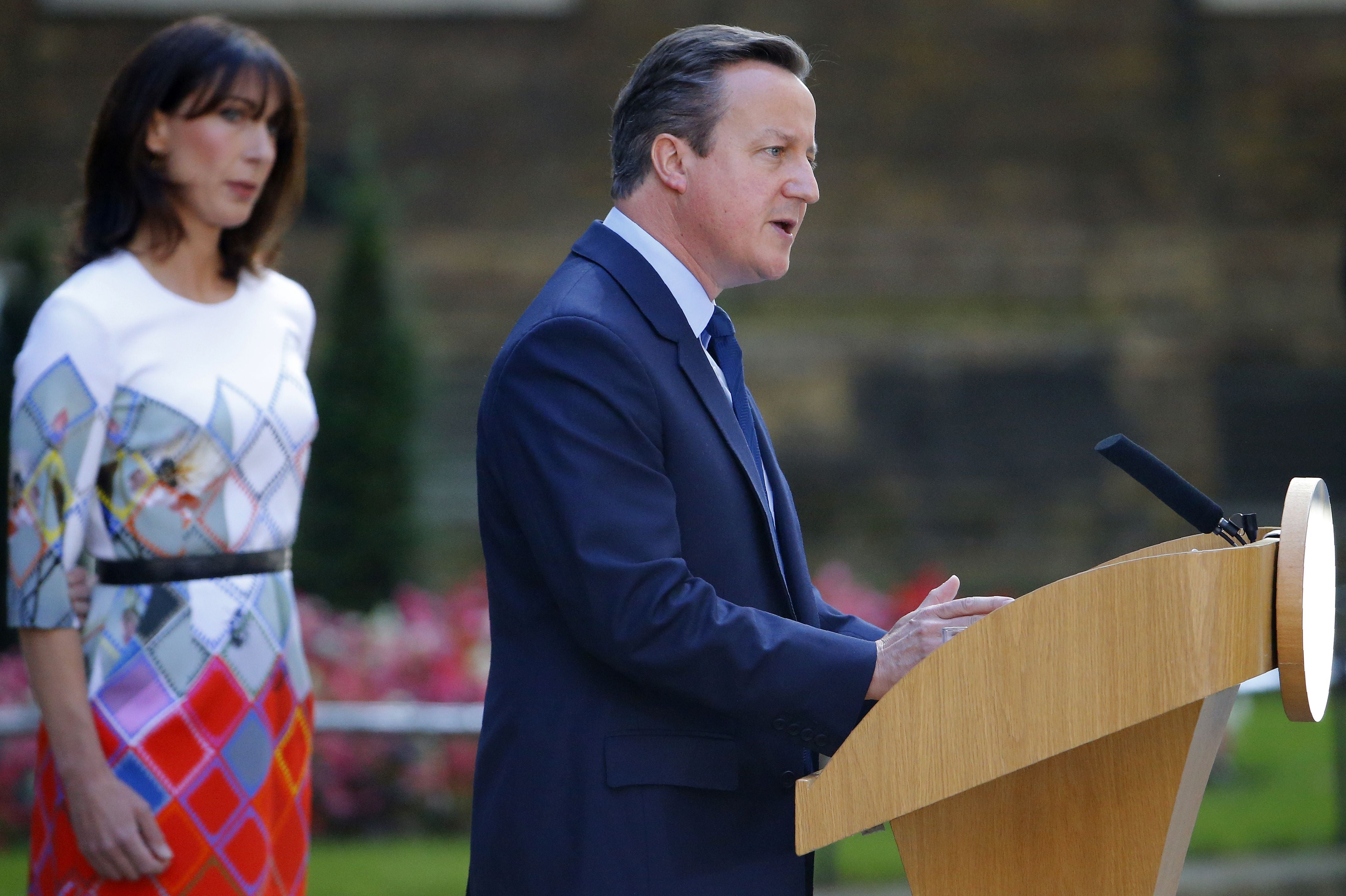
Whenever he ventures out into the media, Cameron still defends his decision to hold the referendum as a historical inevitability, such was the mood in the early 2010s in the country and in his party, signalled by the rise of Nigel Farage and the UKIP phenomenon. Equally, he may have gambled that he would form a second coalition with the Lib Dems and that they would veto the idea (though Cameron said before the 2015 election that he would not serve as prime minister if prevented from holding his promised In/Out referendum). At any rate, some around the prime minister, such as Osborne, advised him to find some excuse to shelve it. Cameron privately told aides, “I’ve got this.” Nearly right, Dave.
There is no doubt in Cameron’s own mind about who is to blame for his political demise. On Wednesday 1 May 2019, the then former prime minister met Foreign Office minister Alan Duncan, who was once described as a “bonsai Michael Heseltine”, and whose contempt for Johnson may never find its nadir. It was in the dying days of May’s government, during its futile attempts to get a Brexit deal through the Commons. Johnson had by then resigned as foreign secretary under May. As Danny Dyer memorably put it, Cameron, the “twat”, had “put his trotters up” and was busy only with his lobbying work for an Australian financier. Duncan records their chat over the bacon and eggs in his recently published diaries:
Breakfast with David Cameron, which is always a pleasure. He is always full of life, and ready with an amusing take on things. He got to the top early and will spend half his life being a former prime minister. It’s a pity he’s not still in the Commons … He clearly feels to just sit in parliament would be too painful after the referendum result and is glad not to be in the middle of everything that is going on there at the moment. He has a very straightforward opinion about Boris – ‘He ruined my bloody career’.
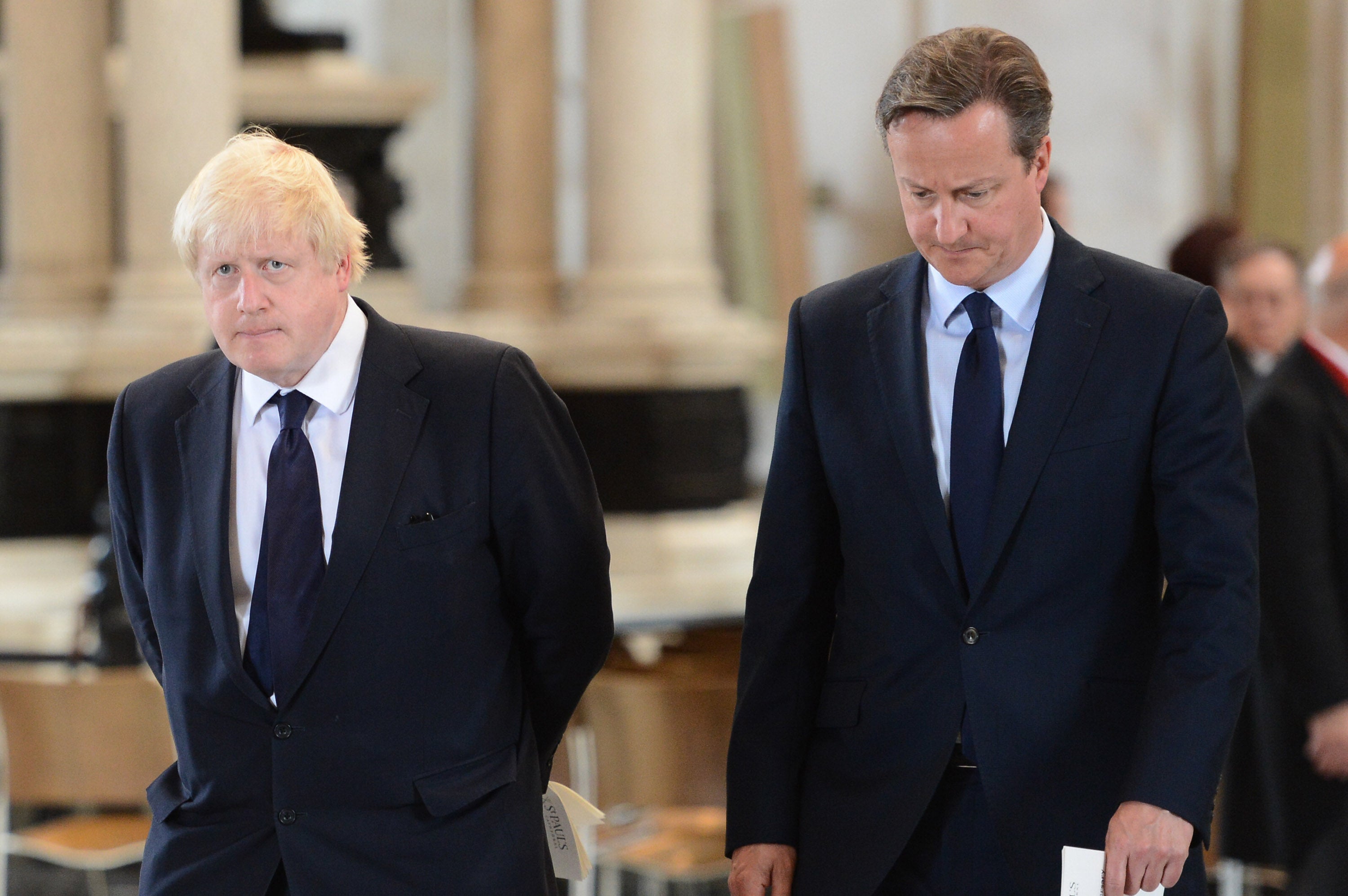
So he did, though Cameron himself surely holds most of the blame for what went wrong. Blaming Johnson for being ambitious and selfish is like blaming a scorpion for stinging its victims.
It is now almost 10 years since Cameron caved in to his restive backbenchers, freaked out by the perceived threat of Ukip allowing Labour to slip through the middle into government, and pledged a binding referendum on EU membership. It was in January 2013 that Cameron made his momentous – and as it turned out, career-ending – speech at Bloomberg’s HQ in Canary Wharf. Inevitably or not, it did not succeed in its stated purpose – of resolving the question for good – or in its secondary one, of uniting the Conservatives; they are now a party united and defined by a Brexit some thought would be a disaster.
Brexit is the issue that entangled and defined the careers of both Cameron and Johnson. Given that they can both claim parentage of Brexit – as both the referendum and Johnson’s campaigning were the keys to its happening – its success or failure is their success or failure.
Indirectly or directly, Europe has damaged or destroyed the premiership of just about every Conservative prime minister since Winston Churchill. It is a long psychodrama. Harold Macmillan resigned in 1963, demoralised by spy scandals, sluggish growth, and the failure of the UK’s first application for EU entry, which was rejected by Charles de Gaulle. Heath lost the election in 1974 because of industrial unrest and chaos, but also because arch-Tory anti-EU campaigner Enoch Powell told his followers in the Midlands to vote Labour (because they had promised a Euro-referendum). Thatcher had the poll tax, incipient recession and an increasingly imperial style, but also alienated her cabinet and split her party with her militant “No, No, No” rhetoric towards Brussels. Major’s government was paralysed by the Maastricht treaty and the split over the single currency (the euro). Cameron’s and May’s wounds are recent and raw. Europe has tormented Tories for decades, and the psychodrama is not over.
Johnson could yet follow the others into oblivion if it does indeed transpire, once again, that Europe won’t let Britain have its cake and eat it. Or he may fall from power before that point, because of Partygate and concerns about his vision and confidence. In that case he might escape blame before Brexit becomes a more demonstrable flop, and leave it to his successor to sort out. It is not inconceivable that Brexit and Johnson will together mean the end of the union with Scotland and Northern Ireland. But by then Johnson may be attending to his life as an author and speaker, enjoying life as an ex-prime minister more than he liked doing the actual job. The greased albino piglet would have slipped out of trouble once more.
Join our commenting forum
Join thought-provoking conversations, follow other Independent readers and see their replies
Comments



Bookmark popover
Removed from bookmarks